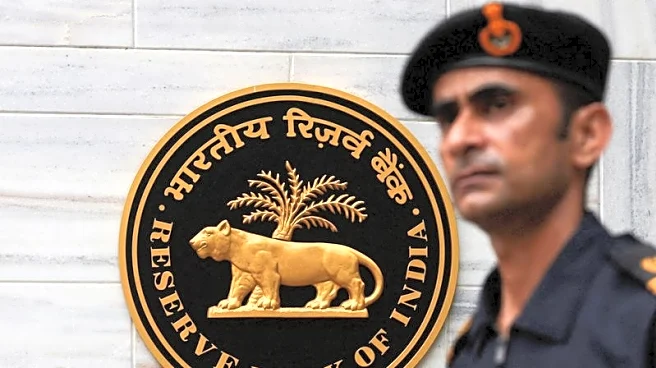What's Happening?
Researchers Yunhao Zhang and David Rand have conducted a study on self-deception, revealing how individuals can persuade themselves to believe in positions they initially did not hold. The study involved participants rating their beliefs on policy statements
and then writing arguments for or against them. Findings showed that exposure to opposing views led participants to change their beliefs, highlighting the ease of self-deception through self-persuasion.
Why It's Important?
Understanding self-deception is crucial as it affects decision-making and personal beliefs. This research sheds light on cognitive dissonance and how individuals can unknowingly alter their beliefs, impacting personal and societal decision-making processes. The study's insights could influence psychological practices and educational approaches, encouraging critical thinking and awareness of cognitive biases.
















